صفحه انگلیسی روزنامه اعتماد برای تحلیف جو بایدن، رئیسجمهور آمریکا: کارهای زیادی برای ترمیم+ عکس
صفحه انگلیسی روزنامه اعتماد برای تحلیف جو بایدن، رئیسجمهور آمریکا، با تیتر «کارهای زیادی برای ترمیم» منتشر شد.
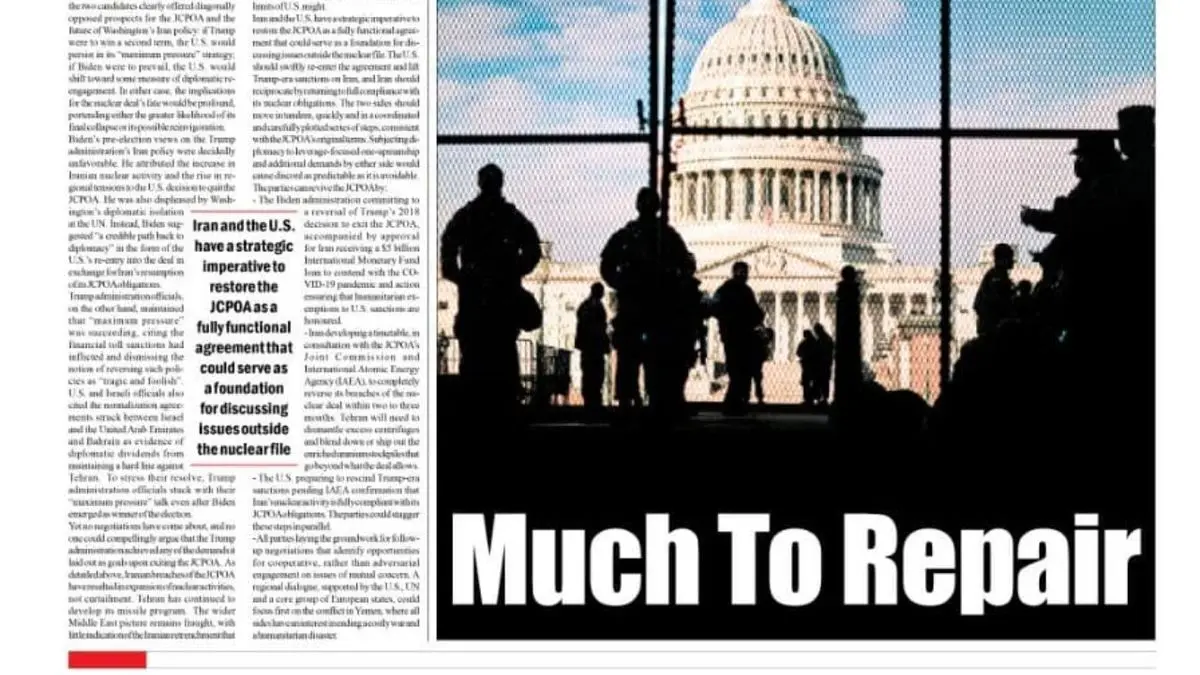
اعتمادآنلاین|
Hassan Rouhani: Trump's political life has ended while the JCPOA has survived
Whilst noting that "American political isolation is Trump's legacy", the Iranian president, Hassan Rouhani, referred to some of the issues within Trump's administration, such as the confrontations with international organisations and their agreements. Rouhani emphasised that: "Trump failed both in the JCPOA case and in every other case he faced in regard to Iran, whether that was when he tried to block the arms embargo or when he wanted the sanctions chambers and committees to remain in the UN General Assembly".
Addressing the new US administration, Hassan Rouhani said: "They are expected to return to their 'laws and commitments' to remove all 'black spots from four years ago'," provided that is even possible. He also referred to the Islamic Republic's roadmap for the new US administration, saying: "If they return to the law honestly, our response will be positive. If they show their sincerity to the law in practice, we will also fulfill our commitments in the face of the resolution that they voted for and in the face of the commitment that they themselves have signed."
"If they sign the obligations of Resolution 2231, they will see a signature against it in Iran no more. If they issue a decree, they will see a decree against it in Iran no more. If they fulfill their obligations effectively, they should know that we also fulfill all of our obligations effectively. Today, the ball is in the court of the United States and Washington. If they live up to their commitments, we will live up to our commitments as well," Rouhani said.
The president also added: "Trump is dead now. His political life has ended while the JCPOA has survived. All his efforts to destroy the JCPOA were unsuccessful. The extremists of the United States, Israel and Saudi Arabia all sought this common purpose, but they all failed.
The parties can revive the JCPOA
Ali Vaez
While Iranian officials publicly maintained that the outcome of the U.S. elections was immaterial as far as they were concerned, the two candidates clearly offered diagonally opposed prospects for the JCPOA and the future of Washington's Iran policy: if Trump were to win a second term, the U.S. would persist in its "maximum pressure" strategy; if Biden were to prevail, the U.S. would shift toward some measure of diplomatic re-engagement. In either case, the implications for the nuclear deal's fate would be profound, portending either the greater likelihood of its final collapse or its possible reinvigoration.
Biden's pre-election views on the Trump administration's Iran policy were decidedly unfavorable. He attributed the increase in Iranian nuclear activity and the rise in regional tensions to the U.S. decision to quit the JCPOA. He was also displeased by Washington's diplomatic isolation at the UN. Instead, Biden suggested "a credible path back to diplomacy" in the form of the U.S.'s re-entry into the deal in exchange for Iran's resumption of its JCPOA obligations.
Trump administration officials, on the other hand, maintained that "maximum pressure" was succeeding, citing the financial toll sanctions had inflicted and dismissing the notion of reversing such policies as "tragic and foolish". U.S. and Israeli officials also cited the normalization agreements struck between Israel and the United Arab Emirates and Bahrain as evidence of diplomatic dividends from maintaining a hard line against Tehran. To stress their resolve, Trump administration officials stuck with their "maximum pressure" talk even after Biden emerged as winner of the election.
Yet no negotiations have come about, and no one could compellingly argue that the Trump administration achieved any of the demands it laid out as goals upon exiting the JCPOA. As detailed above, Iranian breaches of the JCPOA have resulted in expansion of nuclear activities, not curtailment. Tehran has continued to develop its missile program. The wider Middle East picture remains fraught, with little indication of the Iranian retrenchment that the Trump administration predicted. Although the economic impact of "maximum pressure" showed the strength of unilateral U.S. capabilities, nearly unanimous international opposition to the Trump administration's efforts to upend the nuclear deal and revive pre-JCPOA multilateral sanctions showed the limits of U.S. might.
Iran and the U.S. have a strategic imperative to restore the JCPOA as a fully functional agreement that could serve as a foundation for discussing issues outside the nuclear file. The U.S. should swiftly re-enter the agreement and lift Trump-era sanctions on Iran, and Iran should reciprocate by returning to full compliance with its nuclear obligations. The two sides should move in tandem, quickly and in a coordinated and carefully plotted series of steps, consistent with the JCPOA's original terms. Subjecting diplomacy to leverage-focused one-upmanship and additional demands by either side would cause discord as predictable as it is avoidable. The parties can revive the JCPOA by:
- The Biden administration committing to a reversal of Trump's 2018 decision to exit the JCPOA, accompanied by approval for Iran receiving a $5 billion International Monetary Fund loan to contend with the COVID-19 pandemic and action ensuring that humanitarian exemptions to U.S. sanctions are honoured.
- Iran developing a timetable, in consultation with the JCPOA's Joint Commission and International Atomic Energy Agency (IAEA), to completely reverse its breaches of the nuclear deal within two to three months. Tehran will need to dismantle excess centrifuges and blend down or ship out the enriched uranium stockpiles that go beyond what the deal allows.
- The U.S. preparing to rescind Trump-era sanctions pending IAEA confirmation that Iran's nuclear activity is fully compliant with its JCPOA obligations. The parties could stagger these steps in parallel.
- All parties laying the groundwork for follow-up negotiations that identify opportunities for cooperative, rather than adversarial engagement on issues of mutual concern. A regional dialogue, supported by the U.S., UN and a core group of European states, could focus first on the conflict in Yemen, where all sides have an interest in ending a costly war and a humanitarian disaster.
US, Iran, and the nuclear deal : The "You Go First" dilemma
Scott Lucas
Iran's President Hassan Rouhani says the US can return "within an hour" to the 2015 nuclear deal, between Tehran and the 5+1 Powers (US, UK, France, Germany, Russia, and China).
The Biden Administration says it will negotiate re-entry into the Joint Comprehensive Plan of Action, from which Donald Trump withdrew in May 2018.
So what is the problem?
Welcome to the "You First" dilemma.
Majid Takht Ravanchi, Iran's Ambassador to the UN, said on Tuesday to the new American Government, "You first."
"Our position is clear: the US must completely lift sanctions....We don't want anything more or less than that."
But the new US Secretary of State Antony Blinken said on the same day to the Islamic Republic, "You first".
"[We] have to evaluate whether they were actually making good if they say they are coming back into compliance with their obligations [under the JCPOA], and then we would take it from there."
It only took Trump a moment to shred US involvement in the nuclear deal. It will take far longer, and with much more diplomatic finesse, to return to the position of July 2015.
Each side has built layers that have to be removed one by one.
On the American side, it is not just the comprehensive sanctions imposed in November 2018 but each subsequent blacklisting of Iranian companies, individuals, and foreign entities doing business with them.
On the Iranian side, it is each step suspending a provision of the JCPOA: exceeding the limits on 3.67% uranium, installing advanced centrifuges, and this month returning to enrichment of 20% uranium and producing uranium metal.
The layers are not permanent but not a single one will be lifted while the exchange between Washington and Tehran is "You First".
The Gap Over New Talks
Then there is the wide division between a return to the 2015 deal and a renegotiation of it.
Even before considering the hawks in Washington who oppose any agreement, the Biden Administration has no inclination simply to return the clock to January 2017, before Donald Trump replaced Barack Obama.
Those in the Administration involved in the negotiations for the JCPOA - John Kerry, then Secretary of State and now climate change envoy; Wendy Sherman, lead US negotiator and now Undersecretary of State; Blinken, then Deputy National Security Advisor and now Secretary of State; Jake Sullivan, then a State Department advisor and now National Security Advisor - want a revised agreement. Areas of concern are led by Iran's ballistic missile program and the terminal dates on the agreement's provisions.
And it's not just the Biden team that are insisting on an update. The three European powers - the UK, France, and Germany - have been leading the call for renegotiation while seeking a US return to the table.
French President Emmanuel Macron has said since November 2017 that a deal must cover missile development and production: "It should be completed with necessary points."
German Chancellor Angela Merkel appealed in May 2018 for an "expansion of the negotiating framework".
But publicly Iranian officials, beginning with the Supreme Leader, are ruling out revisions. Ambassador Takht Ravanchi said on Tuesday, "We will neither allow the JCPOA to be renegotiated nor will we allow anything to be added to it."
Speaking Quietly for Now
Is there no way back to the deal?
Seen through public positions, the answer appears to be No.
But it is useful to remember that the path to the JCPOA did not begin in public. Instead, back-channel discussions were held in 2012 in Oman, reportedly including the Supreme Leader's top aide Ali Akbar Velayati and US officials including Jake Sullivan.
In public, the rhetoric was heated with Ayatollah Khamenei ruling out any negotiations with the Americans. But the "quiet" contacts maintained the possibility, and when new President Hassan Rouhani told the Supreme Leader in September 2013 of the extent of Iran's economic difficulties, the Supreme Leader authorized formal discussions.
The lesson for today? Anyone who expects a quick US re-entry to nuclear deal will be disappointed. Meanwhile, except for those who are involved, we are unlikely to know of the contacts between the Biden officials, best seen as pragmatists seeking a way out of confrontation, and Iranian counterparts.
Those back-channel talks will not be enough for a resolution which means no US sanctions and Iran's return to 3.67% uranium. But they could be enough to check further steps weakening the JCPOA - and a reality contrasting with the Supreme Leader's position that engagement with the Americans is "fruitless".
Trump's dark legacy
Mohammad Hazrati
Finally, the dark presidential era of Donald Trump has ended. He has left the Whitehouse and America and the rest of the world are now rid of him, although the US's foreign policy of interventionism will probably not be changed under any new presidency. Trump was a bad leader and an absolute tyrant, not only for America but for many other countries across the world. Except for a very few countries who were his allies, the rest were all counting down the time left to the end of his presidency. That time has now officially passed and Joe Biden has become the 46th US President. However, Trump has left a long list of shameful legacies, some of which are undoubtedly irreparable but some do need to be reviewed as to whether they can be repaired, rectified or restored to some extent.
Some of those legacies include the following:
• The travel ban on Muslims;
• The child separation policy at the border and putting them in cages;
• The withdrawal from the Paris agreement;
• The construction of the huge wall on the US-Mexico border;
• The mismanagement and downplaying of the global pandemic;
• Recognising Jerusalem as Israel's capital by moving the US embassy from Tel Aviv to Jerusalem;
• Withdrawing from the UN Human Rights Council and UNESCO;
• Recognising the Venezuelan opposition leader, Juan Guaido, as the nation's interim president;
• The raising of tariffs on Chinese goods and productions, which has instigated a trade war with China;
• The notification of the intention to cut ties with the World Health Organization (WHO);
• Withdrawing from the Joint Comprehensive Plan of Action (JCPOA);
• The assassination of General Qassem Soleimani
• and the insurrection at the Capitol.
However, this dark legacy has also revealed at least two very serious potential threats for the future of the world's countries. The first is the threat of populist parties or movements, especially right-wing populism, which is on the rise and aims to bring down the established order a real threat for democracy. As Professor Jan-Werner Müller pointed out, populism has always been a form of identity politics, whilst democracy requires pluralism. In fact, the threat of right-wing populism had been revealed even before Trump took office but, during his presidency, it illustrated how it can be a strong and destructive force for both democracy and human rights. This threat is not only limited to the US as the movement has already been strengthened in many other countries.
The second threat is having ineffective mechanisms within the international laws to protect country's legitimate and sovereignty rights. This has clearly been seen in the assassination of one of Iran's most prominent figures (General Qassem Soleimani) which was carried under the orders of the US and the operation on Iraq's soil, and the return of US sanctions on the Islamic Republic of Iran. During this time there was no way for Iran to effectively protect its legitimate rights through international institutions with the UN and other international organisations limiting their activities to some simple recommendations. This has shown how a powerful country such as the US has influence over international organisations and to what extent those international organisations are dependent on such a country. Finally, although Trump has finally vacated the oval office his legacy remains and if the world wants to be a safer place these dangerous threats and situations need to be resolved.

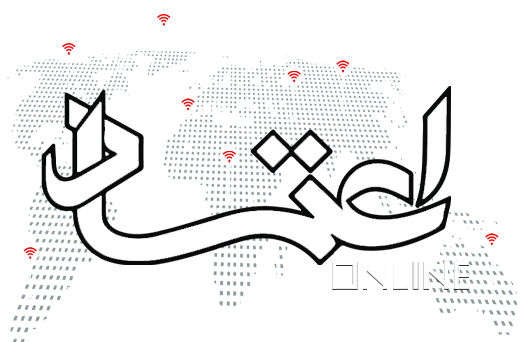
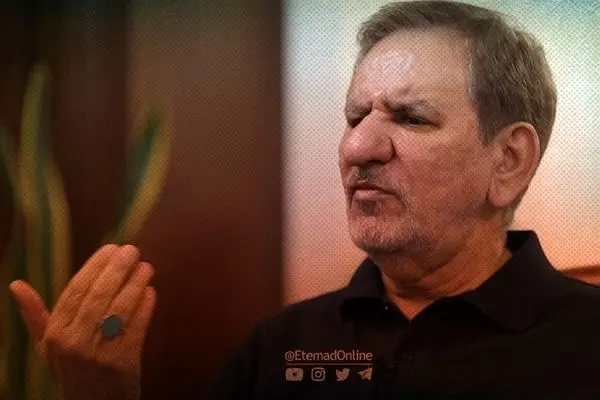
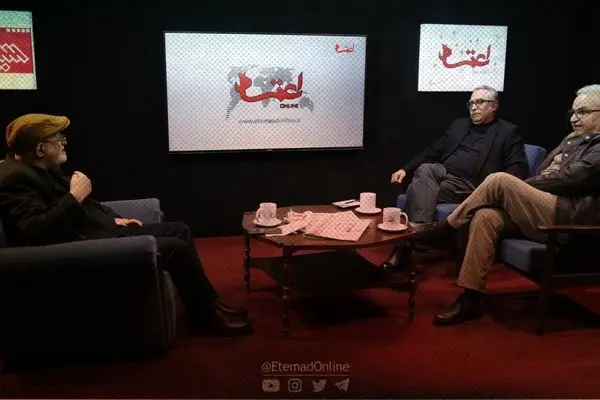

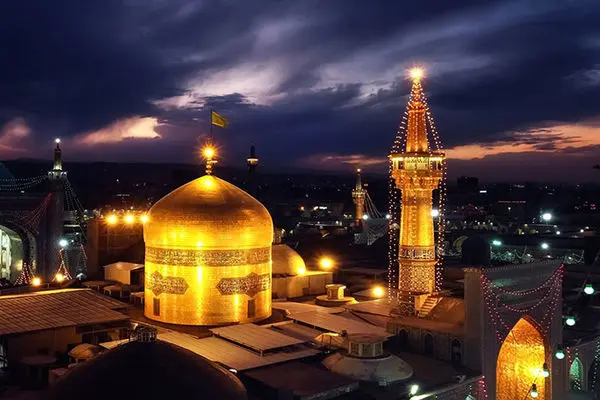

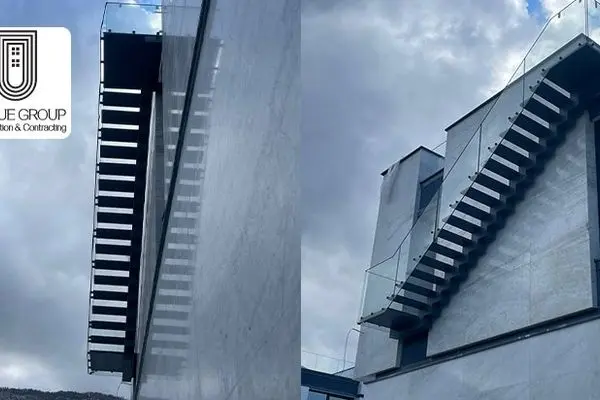

دیدگاه تان را بنویسید